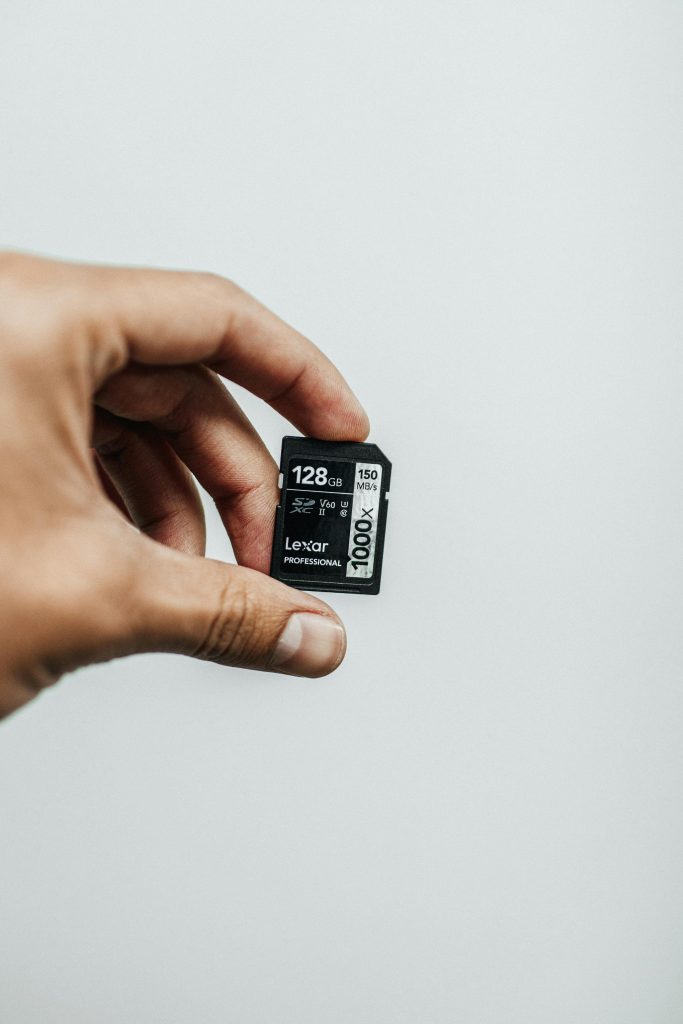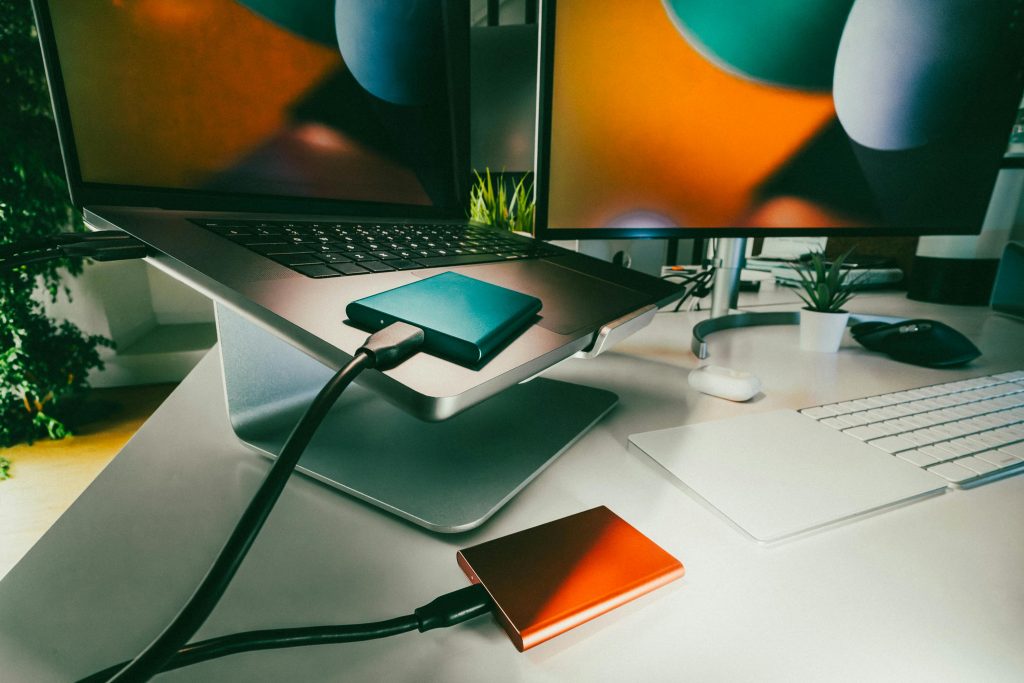Understanding Campus Wi-Fi Monitoring: What You Need to Know
As students, we often take for granted the conveniences of campus Wi-Fi, but have you ever wondered how much oversight universities have on our online activities? A recent discussion has emerged surrounding the monitoring practices of school networks, raising questions about privacy, tracking, and the truth behind these claims.
Many institutions assert that they can detect when users attempt to access restricted websites through their network. According to some reports, alerts go off when students visit prohibited sites, prompting potential investigations if such activity occurs repeatedly. However, one student expressed skepticism regarding the mechanisms in place: “How could they single someone out using just an IP address, especially when logging in is not a requirement for accessing the Wi-Fi?”
Indeed, there appears to be confusion around how campuses manage internet activity. Let’s delve into this topic and clarify what can and can’t be monitored.
The Reality of Network Monitoring
-
IP Addresses and User Identity:
While an IP address can indicate which device is connected to the network, it does not inherently reveal the identity of the user unless additional logging methods are in place. Without a login requirement, distinguishing one person from another based solely on an IP address can be challenging. -
Detection of Restricted Sites:
Universities often employ monitoring software that can flag certain web traffic. This might include analyzing the URLs accessed by users. However, tracking this information back to a specific individual typically involves additional data collection measures, such as device MAC addresses or login credentials, which might not be applicable in all scenarios. -
VPNs and Encryption:
A common claim among campus IT departments is their ability to “outsmart” VPNs and bypass encryption protocols. While some systems may employ advanced techniques to analyze traffic patterns or identify the use of proxies, fully decrypting a well-secured VPN connection remains a complex challenge.
Conclusion
The conversation surrounding campus Wi-Fi monitoring raises important questions about student privacy and institutional oversight. While it is true that schools have some capabilities to monitor internet usage, the extent of these practices can often be exaggerated. As you navigate your campus network, it’s wise to remain aware of the potential for monitoring but also to recognize the limits of what institutions can access without compromising your privacy deeply.
Before you proceed with any online activities, especially those that may fall under scrutiny, consider the implications and remember: knowledge is the best form of self-protection.
Share this content:




Hi there,
Understanding how campus Wi-Fi monitoring works is essential for managing your online privacy effectively. Typically, campuses can monitor network traffic through various methods, such as analyzing accessed URLs, tracking device MAC addresses, or using network management software. However, without login credentials, it’s challenging for them to directly associate activity with a specific individual solely based on IP addresses.
If you’re concerned about privacy, consider using a trusted VPN service to encrypt your traffic and help mask your online activities from network monitoring tools. Keep in mind that while VPNs can enhance privacy, some institutions may employ sophisticated detection methods to identify VPN use, so always review your campus policies regarding VPNs.
If you need further assistance or have specific concerns about your network, feel free to reach out, and I’ll be happy to help troubleshoot or provide additional guidance.